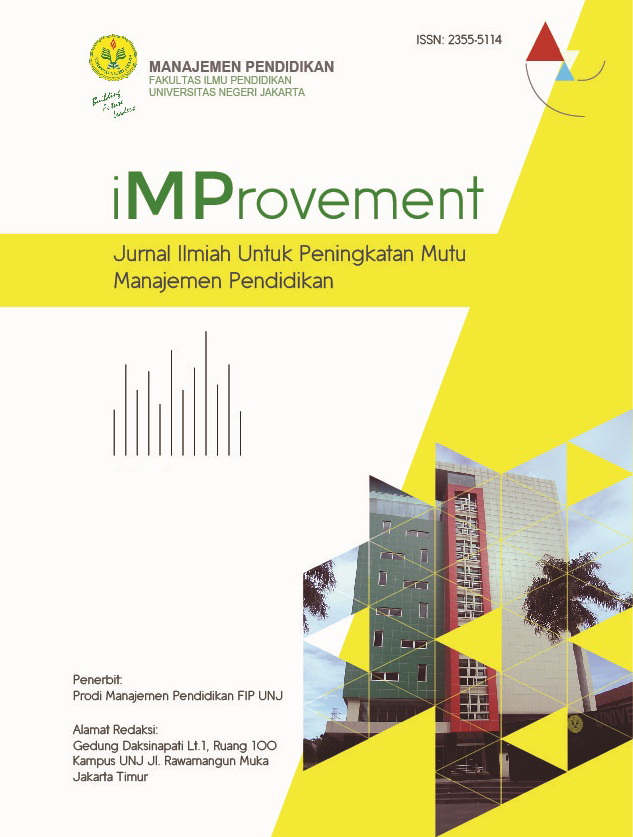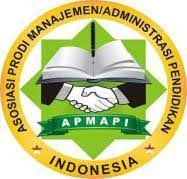The Effect of Digital Technology Capabilities on The Achievement of High School Student in JABODETABEK
DOI:
https://doi.org/10.21009/improvement.v9i1.27465Keywords:
Digital Technology Ability, Student Achievement, High School Students in JABODETABEKAbstract
Abstarct : This study aims to determine the influence of digital technology capabilities on the achievement of high school students in Jabodetabek. This study used a quantitative type of research. The population in this study is high school students in Jabodetabek. The sampling technique is carried out with a non-probability sampling technique of incidental sampling type. Furthermore, calculations were carried out using the Slovin Formula so that a sample of 200 students was obtained. The data collection techniques used are questionnaires, documentation and interviews. The research data was further analyzed using simple linear regression analysis with the help of SPSS 16.0. The results of the data analysis obtained that the sig value was 0.00, so reject Ho so that it can be concluded that there is an influence of digital technology capabilities on student achievement. The influence of technological ability on student achievement is 51.80% and the remaining 48.20% is influenced by other variables.Published
How to Cite
Issue
Section
License
Copyright (c) 2022 Anton Wardaya, Novianto Budi Kurniawan, Tiodora Hadumaon Siagian

This work is licensed under a Creative Commons Attribution-NonCommercial-ShareAlike 4.0 International License.
Authors who publish with this Journal agree to the following terms:
- Author retain copyright and grant the journal right of first publication with the work simultaneously licensed under a creative commons attribution licensethat allow others to share the work within an acknowledgement of the work’s authorship and initial publication of this journal.
- Authors are able to enter into separate, additional contractual arrangementfor the non-exclusive distribution of the journal’s published version of the work (e.g. acknowledgement of its initial publication in this journal).
- Authors are permitted and encouraged to post their work online(e.g. in institutional repositories or on their websites) prior to and during the submission process, as it can lead to productive exchanges, as well as earlier and greater citation of published works.
-
Users/public use of this website will be licensed to CC BY-NC-SA (Attribution & Non-Commercial-ShareAlike)



